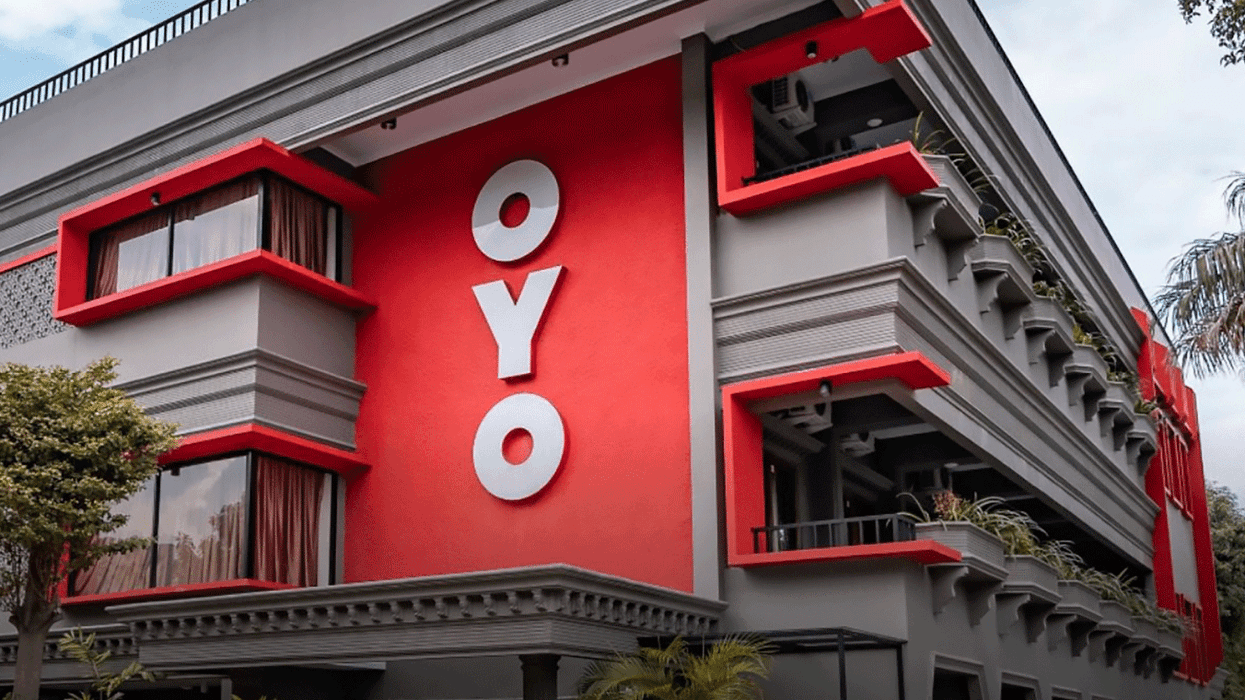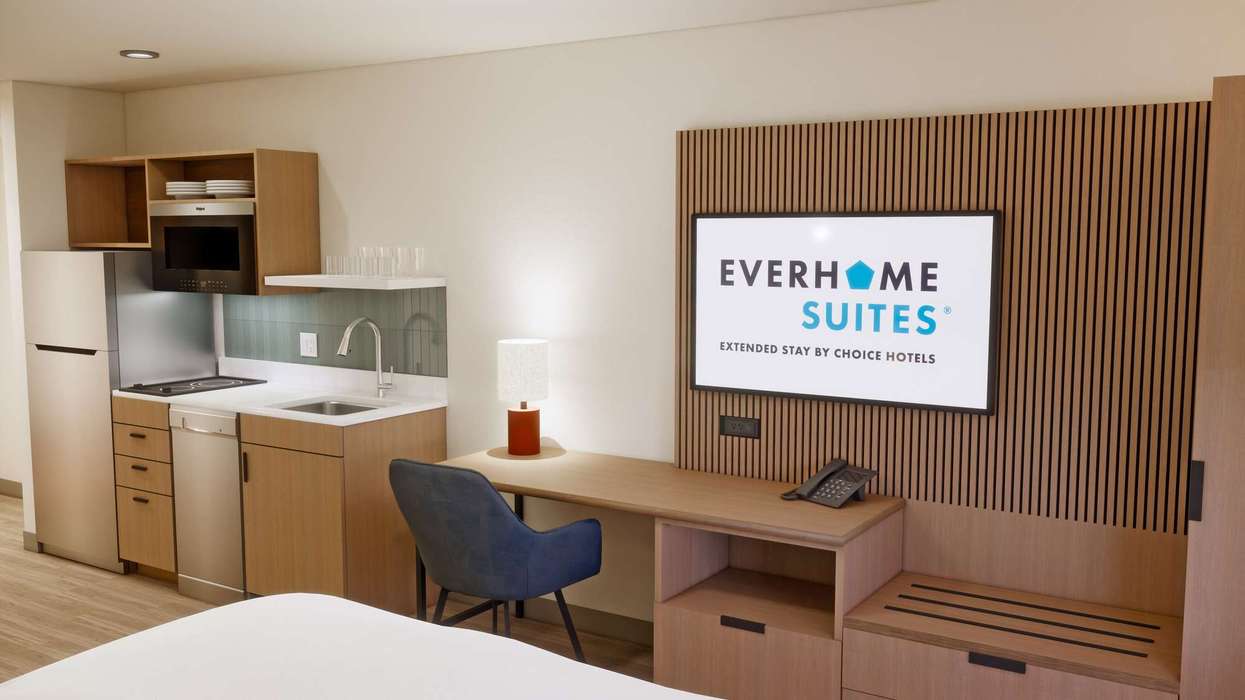HOTEL MARKETING SOFTWARE company NextGuest has put together an eBook of tips to help hotels plan a way through the economic crisis caused by the coronavirus pandemic.
“COVID-19 Hotel Recovery Strategy” suggests a three-phase marketing action plan that hotels can implement to strengthen their position.
First, while people are not traveling, stay connected with past and future guests by providing content that they may need when they emerge from the crisis.
Second, as travel demand initially begins to rise again after the all-clear is sounded, increase marketing efforts while providing a flexible cancellation policy.
Third, as demand picks back up to pre-pandemic levels, keep focused on the right demographics and feeder markets.
“As the situation surrounding COVID-19 continues to evolve, it is important to observe industry forecasts and trends that will ultimately shape your recovery strategy,” the book says.
The 68-page eBook is available for free.
An article by Nicole Dehler, vice president of product for StayNTouch, also suggests techniques for proper crisis communication with employees.





